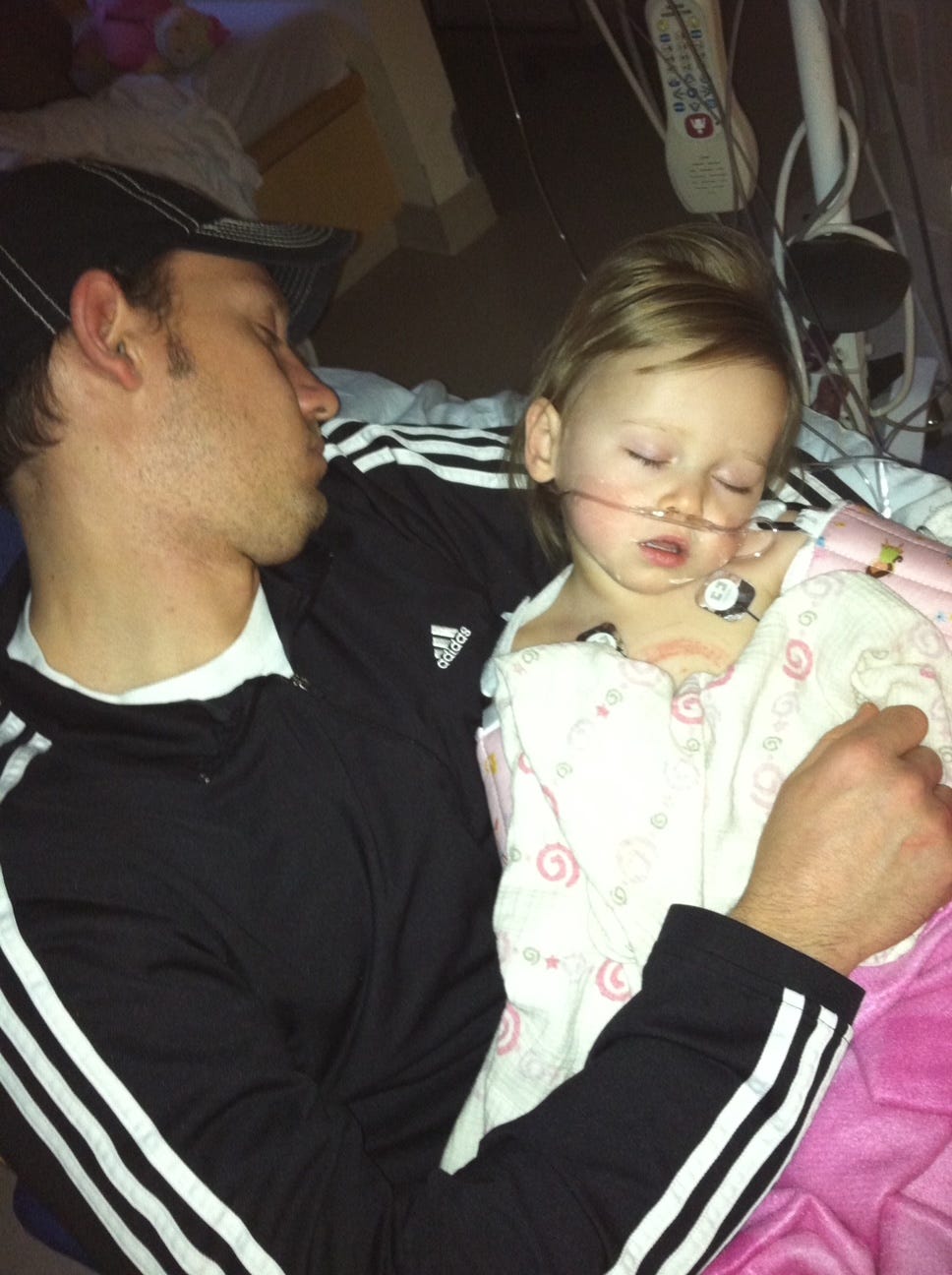Coalition urges Biden for more funding amid surge in discrimination cases; Hospital sues to place teenager out-of-state; Post-diagnosis parenthood is not what you'd expect
News briefs for the week of Feb. 25

Each week, we showcase a picture of real life from the Medical Motherhood community. If yo…



